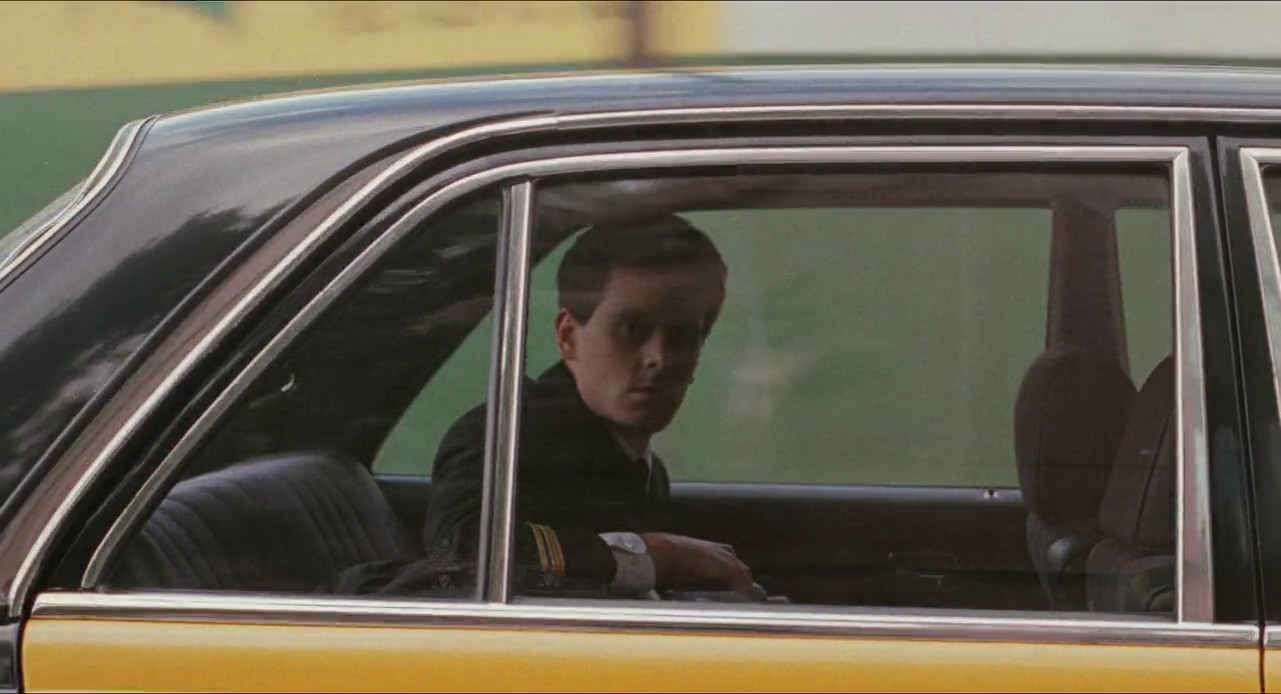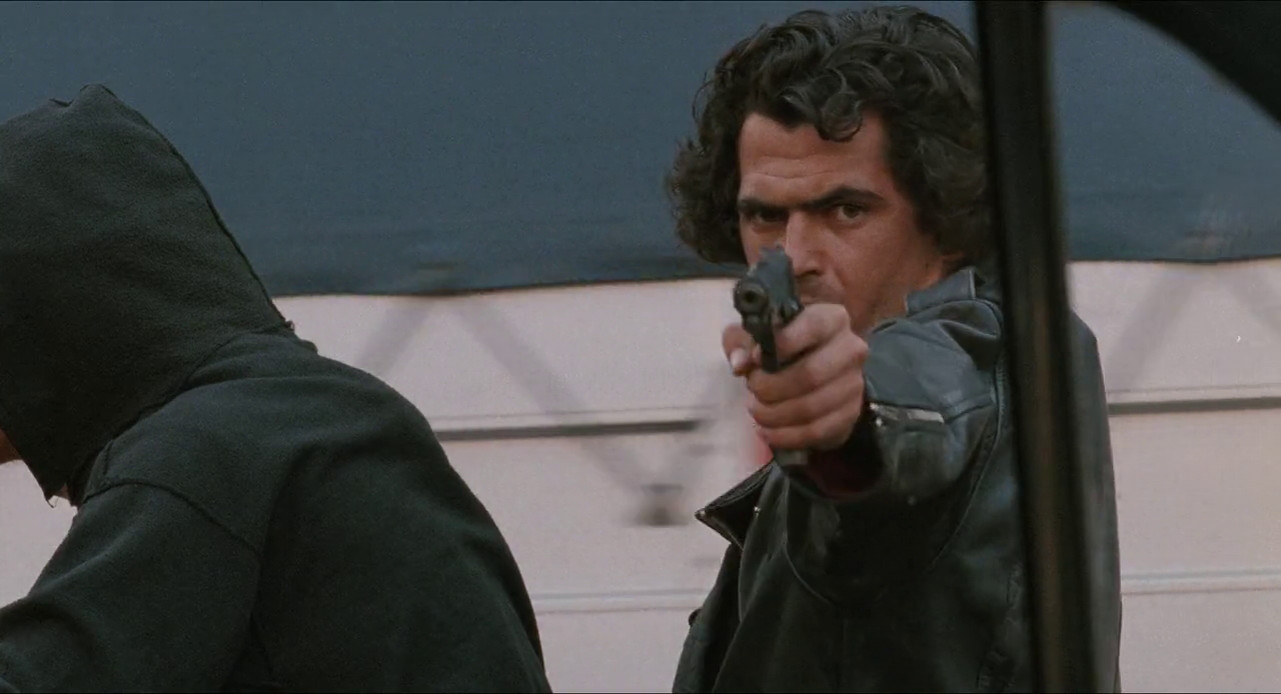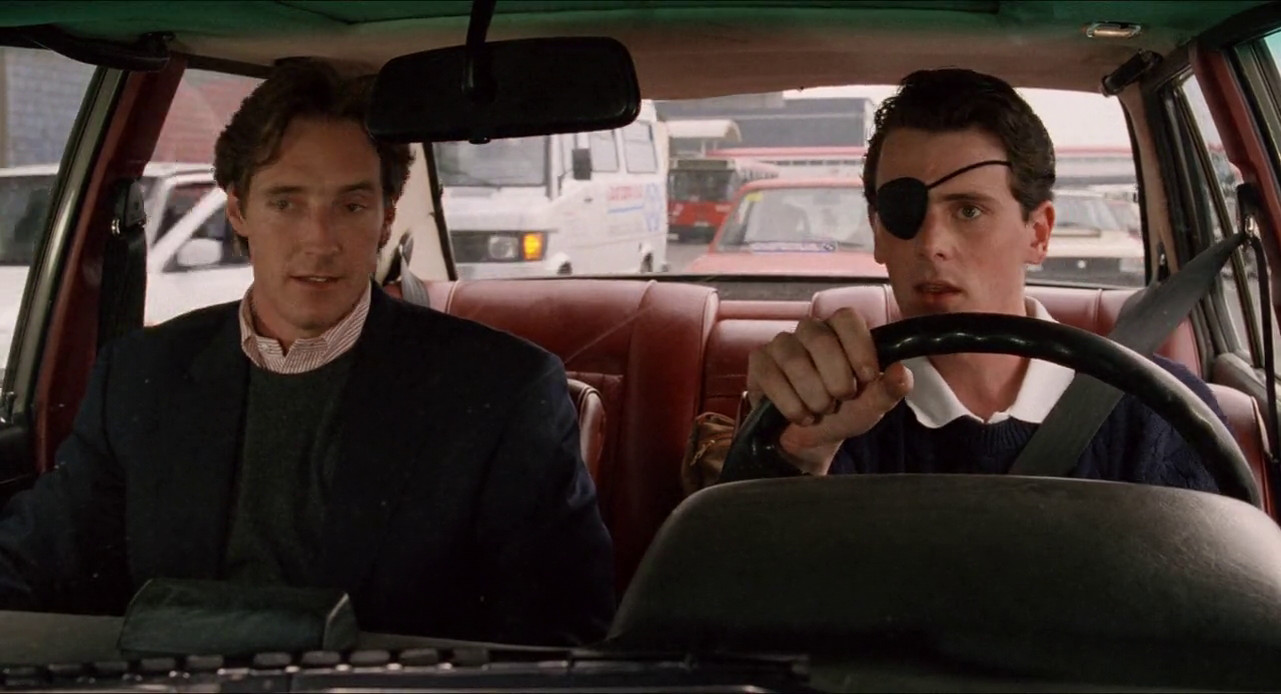The boat has a hole in the hull and it would be filling up but there’s someone on it, in it, belowdecks. The boat is not full yet but his hands are. The boat is going up what people familiar with the swamp call a creek, and it’s unbelievable to me, a passenger, that the creek will end, and also unbelievable that it hasn’t ended yet. The course twists until I don’t fully believe in “upstream,” and I suspect the boat, or its captain, has unwittingly merged back into its previous course, and is going in circles. If I were to strap on a gopro, the internet could analyze the footage and discover my illogic, revealing, to the amazement of all, that I have feelings.
On land, someone calls me from far away and asks what the weather has been like here. “It snows, it rains, it freezes, it thaws, there’s just water everywhere,” I tell him. He’s excited about the water year. I concede it’ll be a good water year, but I’m thinking of how the precipitation is keeping me from taking walks, the formalization of a whim, taken up with the intent to resurrect the feeling that accompanied the whim by going through its motions.
Twenty years ago the combination of snow and rain created a flood, which inundated the low point of downtown, and we all congregated on bridges and other high ground to ogle the destruction, or helped sandbag. Today I find myself watching the high creek with the hope that it will get higher.
Almost as long ago as the flood, disasters were cool to a certain kind of anarchist, because in a disaster, people help each other and form bonds cutting across the usual divides of race, class, and gender. In a disaster it appeared that anarchy prevailed until it was cut short by governmental assistance and the resuming of the flow of capital. For the same reason, the desire for disaster that was read to be at the heart of not just disaster movies but urban blockbusters in general (in short: 9/11 action movies, even before 9/11), and in the hearts of audiences thrilled by the spectacle of collapsing infrastructure, was politically cool. What people really yearned for through the screen, it was understood, was the end of Capitalism. But for my fleeting, unserious desire for another flood here to be politically defensible, I think I would have to be affected by it in some way other than in the vagaries of living in a town that would have slightly less money. I don’t think there can really be a good political claim on my fantasy; I just want a spectacle that would externalize my feeling of having feelings.
The last two years of wildfire smoke smudging out the summer, or at least the expected and lucrative sensations of summer (light, air), have given the town anticonfidence. People here are into austerity now, which for a tourist town means for instance scaling back park projects. A hot issue is the redesign of the Japanese garden, implementing which would require cutting down a few native incense cedars. A–what, isolationist, nativist, localist?–contingent has emerged, writing in a letter to the editor that a single native tree is worth a million manicured Japanese maples. Environmentalism has spawned a kind of ecoreactionary, whose hatred of “invasive species” deploys the form but not the content of racist rhetoric–a displacement if I’ve ever heard one. Even though the whole country has been colonized by means of genocide, the attitude of the ecoreactionary seems to be that if one small part of an ecosystem can be brought back to its precolonial state, that would constitute reparations.
Amid the threat of smoke, the attitude of abundance also exists, but is a reaction of willful denial to the same conditions, as if the smoke came because we didn’t believe in summer. Or maybe it’s internalized Christianity bubbling through Baby Boomer Buddhism: We’re going to hell for failing to live in the moment.
Maybe with this much water, he speculates over the phone, there will be fewer fires. Crying does bring a feeling of well-being, I think, or maybe something else.
Fill in the blank. In Washington, North Carolina there’s a Rube Goldberg machine of a sculpture that’s supposed to teach audiences that water goes down, and in Raleigh, an installation on a fence that spells out in balloons “logic will let you ____” (the last word of balloons have popped or floated away).
Multiple choice. Water:
A. is warmer before you emerge.
B. is the same temperature whether you’re in it or not.
C. feels cold only because of its velocity relative to you, an object sharing an inertial frame with the bedrock.
Back on the boat, I recall a friend reminding me that, like every Luca Guadagnino movie, I Am Love ends with death plus a swimming pool. This isn’t quite true: Call me By Your Name begins with bringing up inanimate body parts from an ocean. Reassembled, the bodies are marionetted to flirt in various pastoral bodies of water. Suspiria I have not seen, but there’s a scene in the original of swimming in an enormous indoor pool (every dance academy needs one), and by this point in the movie, the lead and her friend, shot long and very small in the frame, feel doomed.
There’s a small pool on the boat, and there’s a man floating in it face-down, which feels more Swimming Pool than Guadagnino. I flip over his body and it feels not just lighter than water, but lighter than air, and he floats to the ceiling, looking, although dead, more than a little annoyed.
Synthesis is always bad. Every Endeavour episode begins with analysis, in the opening montage’s breakdown of what will become, like having tonight’s dream this morning, the concerns of the episode, and in the first half of the investigation, which engages in the depressive cognition of cutting up character’s lives (and sometimes bodies) until their suffering is reached. Morse is at his most sympathetic when he’s perceiving the suffering of others (he’s very little if not an accomplished sufferer), and his ugliest when comparing people to his rigid standards. In the end, everyone is sewn back together, and netted back into the society that broke them. The criminal is effaced before the hard truth of the law, which is, like a tough-loving father, building her into a better person by punishing her. Morse ends up disappointed, and the show becomes disappointing, so that I want more.
One of my pet peeves is the critique that criticism without a solution is bad. Is constructive criticism still a buzzword in secondary education? It seems we were told that every critique must be productive. It’s not surprising, then, that criticism run amok is something of a drug to me, and I assume to others similarly brought up and disposed.
The most obscene analysis comes in the form of comedy, for which the highest praise is feeling murdered, needing a doctor, being out of control, hysterical.
I’ve been journaling in Google Keep notes, which I began as deleted or never-posted tweets, and remain mostly a heap of fragmentary analyses, but also sensations, memories, daydreams. Writing notes only seems to solidify the things I desperately want someone else to understand. Some let out this tension, I gather, not by loosening their tongues, but the rest of their bodies, but I jealously wonder if this lets anything out, and if multiple kinds of exhibition really negate each other. Some have a therapist, but the point of that relationship isn’t confession for its own sake per se.
We’re some very high percentage water, I hear, and the flow of language that is the self feels like drinking and voiding, negative and positive pressure. Eros seems like nothing more than withholding or telling. I’m always either feeling that to tell would be to lose what I would tell about, or that not telling will kill me. In that the realization of any desire is a petite mort, telling is never precisely a relief. Having told, I haven’t so much gotten something off my chest in the sense of someone finally understanding my Very Important Epiphanies, but in the sense of becoming temporarily disillusioned with the whole premise of talking about oneself.
In one alleged idea of how to cope with the concept of the self, you, the self-burdened, tell and tell until the self no longer looks like anything but history, or in other words, fiction. “Dig yourself out of the shit!” says the conspiracy-theorist purveyor of fine shovels in Twin Peaks: The Return and it feels like some asshole recruited half the world to fashion various kinds of shovels and invited the other half to join them in here, the water feels great, and therefore nobody will ever dig anybody out of this bog of a mixed metaphor.





